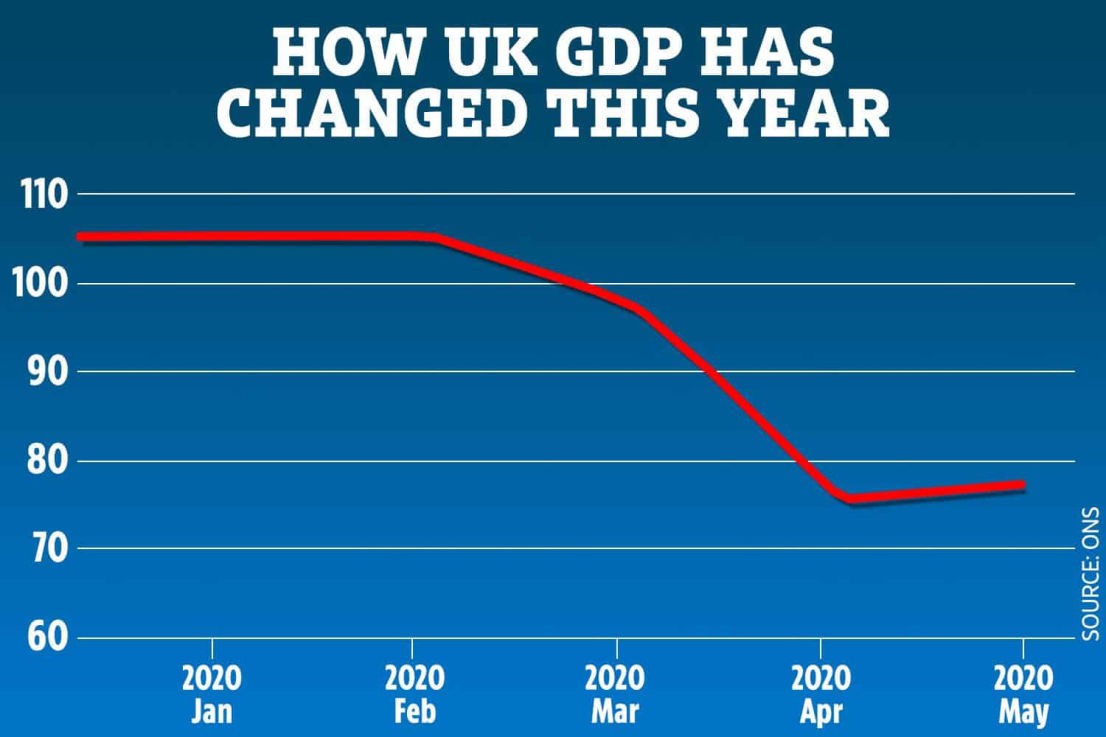TOTT News
Australia's Front Line

"Truth is not what you want it to be; it is what it is and you must
bend to its power or live a lie" - Miyamoto Musashi


Del Bigtree is one of the preeminent voices of the Vaccine Risk Awareness Movement. His career as an Emmy winning producer of the CBS talk show The Doctors changed abruptly when he produced the documentary VAXXED, which is credited with igniting a revolution against Pharmaceutical Tyranny around the world. SEE HIS VIDEOS HERE
As an Investigative Journalist, author and photo journalist, Jonathan follows in a long line of exposers of the Cabal. - SEE HIS WORK HERE
The Corbett Report is an independent, listener-supported alternative news source. It operates on the principle of open source intelligence and provides podcasts, interviews, articles and videos about breaking news and important issues from 9/11 Truth and false flag terror to the Big Brother police state, eugenics, geopolitics, the central banking fraud and more - SEE HIS VIDEOS HERE
UK Column is an alternative multimedia news website and associated British newspaper which was launched in January 2006. UK Column is headquartered in Plymouth in South West England. Mike Robinson is editor of the UK Column and Brian Gerrish is the Author/Editor/Owner of the UK Column Newspaper - SEE VIDEOS HERE

The British economy grew by far less than anticipated during May, dampening hopes that the recovery from what is set to be one of the country’s deepest recessions in centuries will be rapid.
The Office for National Statistics said Tuesday that the economy grew by 1.8% in May from the previous month after some easing of the lockdown, such as encouraging those in construction or manufacturing to return to work. The crucial retail sector was also buoyed by record online sales.
“However, with lockdown restrictions remaining in place, many other services remained in the doldrums, with a number of areas seeing further declines,” said Jonathan Athow, Deputy National Statistician for Economic Statistics.
The increase recorded during May was far lower than the 5% anticipated in financial markets and means the economy remains 24.5% smaller than it was in February, before the full impact of the coronavirus. In April alone, the economy shrank by a staggering 20.3%.
“The chances of a quick return to normal, of the famed V-shaped recovery, are falling,” said Ian Stewart, chief economist at Deloitte. “It is likely to take years, not months, to repair the damage to the economy done by COVID-19.”
Most economists think the recovery will gather pace during the summer when more lockdown restrictions were eased. In June, shops selling items considered nonessential such as books and shoes reopened, followed in early July by the reopening of much of the hospitality sector, including pubs and restaurants.
But with people still fearful of contracting COVID-19, social distancing rules remaining in place, and many workers worried about losing their jobs, the economy is not anticipated to make up the ground lost due to the coronavirus any time over the coming months.
Unemployment is expected to rise sharply over the coming months as the government withdraws some of its emergency support. The number of firms cutting jobs has accelerated in the past couple of weeks, with the likes of Airbus and Rolls Royce among many announcing big job cuts. Many economists think unemployment could more than double to over 3 million this year, levels last seen in the 1980s.
So far, Britain has been spared the sharp rises in unemployment seen in the U.S., for example, because of the Job Retention Scheme, whereby the government has been paying the majority of the salaries of workers who were not fired. Some 1.1 million employers have taken advantage of the program to furlough 9.4 million people at a cost to the government of 27.4 billion pounds ($35 billion).
Britain’s Treasury chief, Rishi Sunak, said the latest growth figures “underline the scale of the challenge” ahead.
“I know people are worried about the security of their jobs and incomes,” he said.
Last week, Sunak announced a new bonus plan aimed at getting firms to retain workers who have been idle for months under the furlough scheme.
Frances O’Grady, general secretary of the umbrella Trades Union Congress, said mass unemployment is the “biggest threat” facing the U.K. and urged Sunak to announce targeted support for the hardest-hit sectors like retail, manufacturing and aviation.
Source: Associated Press

Two weeks ago, I wrote about ‘The Swedish experiment’ in The Spectator. As the world went into lockdown, Sweden opted for a different approach to tackling coronavirus: cities, schools and restaurants have remained open. This was judged by critics to be utterly foolish: it would allow the virus to spread much faster than elsewhere, we were told, leading to tens of thousands of deaths. Hospitals would become like warzones. As Sweden was two weeks behind the UK on the epidemic curve, most British experts said we’d pay the price for our approach when we were at the peak. Come back in two weeks, I was told. Let’s see what you’re saying then. So here I am.
I’m happy to say that those fears haven’t materialised. But the pressure on Sweden to change tack hasn’t gone away. We haven’t u-turned. We’re careful, staying inside a lot more. But schools and shops remain open. Unlike some countries on the continent, no one is asking for ‘our papers’ when we move around in cities. The police don’t stop us and ask why we are spending so much time outdoors: authorities rather encourage it. No one is prying in shopping baskets to make sure you only buy essentials.
The country’s Public Health Agency and the ‘state epidemiologist’, Anders Tegnell, have kept their cool and still don’t recommend a lockdown. They are getting criticised by scientific modellers but the agency is sticking to its own model of how the virus is expected to develop and what pressure hospitals will be under. The government still heeds the agency’s advice; no party in the opposition argues for a lockdown. Rather, opinion polls show that Swedes remain strongly in favour of the country’s liberal approach to the pandemic.
So why isn’t Sweden changing tack in the fight against the pandemic? ‘The evil that is in the world always comes of ignorance’, wrote Albert Camus in The Plague – a book that eerily depicts the suffering of the human condition when a disease sweeps through society. And lately, scientists and observers have ventured that explanation publicly: perhaps Sweden’s refusal to fall into line is because Tegnell and his team are a bunch of philistines?
A group of 22 scientists made that charge in an op-ed last week in Dagens Nyheter, appealing to the government to rein in supposedly ignorant officials at the Public Health Agency. Last week, a piece in the Daily Telegraph ran with the same theme and expanded it to include much of the national population: Swedes have willingly been duped by ignorant authorities and a chief epidemiologist who has been seduced by his own sudden fame. Our faith in government is so big, and our bandwidth for dissent is so small, that we even scold criticism of the government as ‘shameful betrayal of the national effort’. A journalist from French television that I talked to on Sunday admitted, somewhat sheepishly, that ‘it’s almost as if we want Sweden to fail because then we would know it is you and not us that there is something wrong with’. .... Read full article here
Jonathan L Trapman is an author, creative writer and photojournalist who has spent the better part of his 45 odd years in public life, learning from his personal experiences, sharing them, listening to others, whose lives have allowed him to open his own mind to a beauty, even within horror, that is transforming and empowering. His written work endeavors to convey, through true tales and fiction, impressions thus garnered. Dreams and Realities can be purchased (signed by the author if wanted) here.